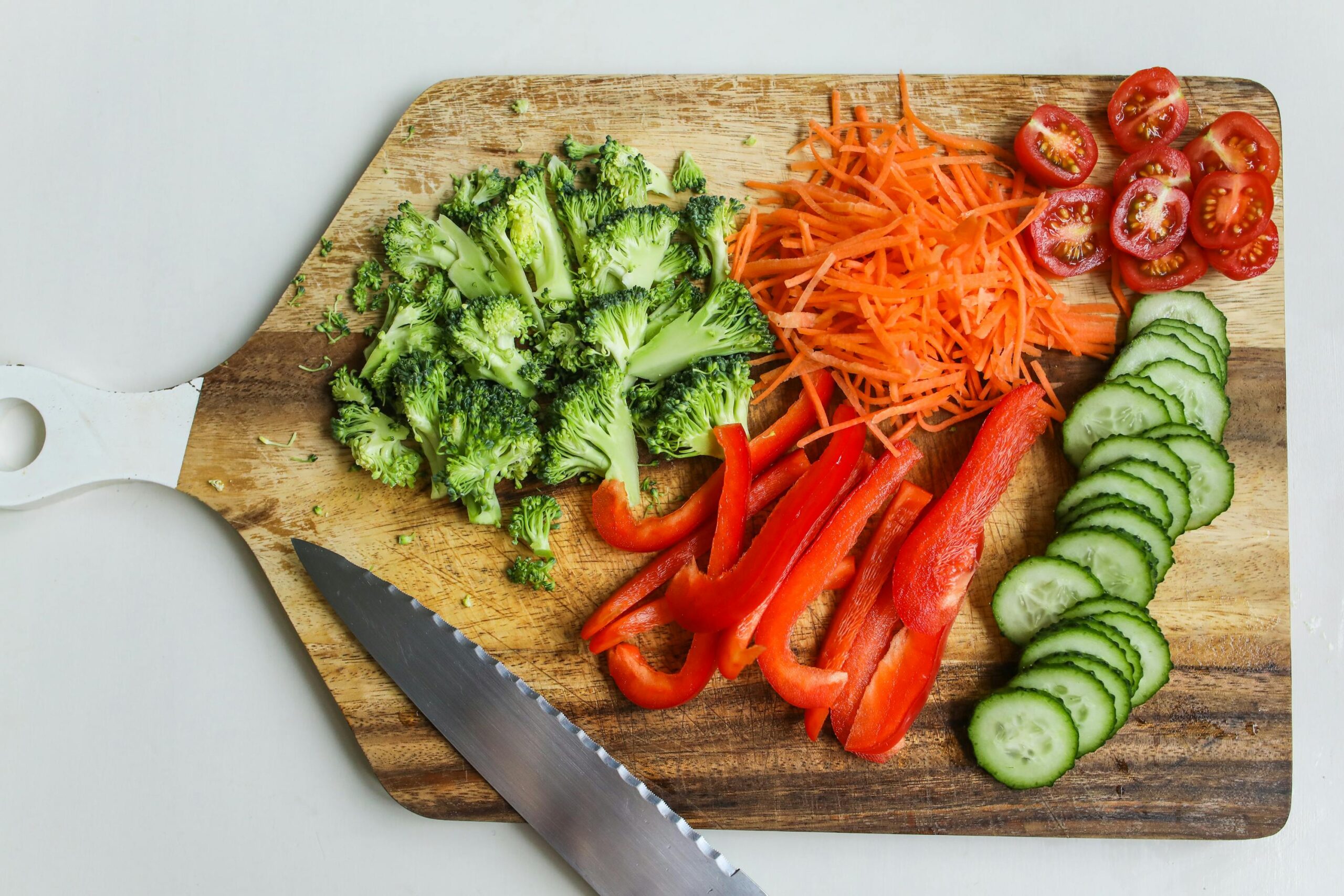If you were to tell anyone that you’re either thinking of or have turned to a plant-based diet, their first question would almost always be, ‘What do you substitute for protein?’ The misconception that people who follow a plant-based vegetarian or vegan diet have to ‘substitute’ protein probably stems from our association of protein with meat.
In all honesty, that makes sense. Meat is wholly protein, as in, it contains the nine essential amino acids necessary for healthy living. However, to say that vegetables, beans, and nuts are without any protein would be misleading and inaccurate.
Here are a few plant-based protein alternatives to meat for meeting your daily protein needs:
Best Plant-Based Protein Sources
1. Lentils
Lentils have a little bit of everything; they have fiber, carbohydrates, antioxidants, and protein. Not only are they nutritional, but they’re also pretty diverse in their use. You can use them in several salads or cooked foods. Even though they’re delicious and satisfy your appetite, lentils contain an adequate supply of protein.
To put it in context, one cup of cooked lentils (roughly 240ml) contains 18g of proteins. In the same cup, you’ll also fulfill half of your Recommended Daily Intake (RDI) for fiber. This particular fiber is what the bacteria in our colon and gut feeds on – the healthy microflora, of course.
2. Chickpeas
Chickpeas (also known as garbanzo beans) and other forms of beans are considered high protein sources. Even if you weren’t following a plant-based diet, dietitians and nutritionists would recommend a big bowl of chickpeas or meals incorporated with chickpeas for healthy living.
One bowl or roughly 240ml of chickpeas contains 15g of protein. Plus a decent amount of other macro-nutrients, micro-nutrients, and vitamins. The health benefits of beans are unparalleled; from reducing the risk of coronary diseases, lowering cholesterol levels and blood pressure – they pack a punch!
3. Hempseed
Seeing hempseed on this list might’ve confused you. Hempseed comes from the cannabis plant that has been notoriously associated with marijuana. However, hempseed contains only trace amounts of THC (the ‘high’ inducing chemical) and instead contains 10g of essential protein per cup.
Seeds make up an essential part of any plant-based diet. We’re familiar with chia seeds and flax seeds. Granted, they’re also rich in protein, but their nutritional values do not come close to hempseed. Furthermore, hempseed also contains essential vitamins and nutrients such as; magnesium, iron, and selenium.
For a bonus: Hempseeds contain healthy fats such as omega-3’s and omega-6’s.
4. Quinoa
Alternating to a plant-based diet is a transition in itself and might be harder on some people compared to others. For example, people with Crohn’s disease or Celiac disease find it increasingly hard to develop alternatives in their day-to-day diet, let alone in a vegetarian one.
Luckily, nature has an abundance of gluten and guilt-free sources of protein. Of which quinoa is probably the most well-known. Quinoa is ‘pseudocereals’ and contains anywhere from between 7-9 grams of protein per 240 ml or a cup.
They also contain carbs and healthy fats, and many nutrients and vitamins to promote healthy living and weight loss.
Leaping from a diet containing meat to a purely plant-based diet might sound difficult or even daunting. However, the truth is that most nutritional meals have an abundance of vegetables and fruits anyway and only a serving of meat that too on occasion.
People have begun to recognize that plant-based diets aren’t just a trade-off for living sustainably. Plant-based vegetarian or vegan diets are just as nutritional (if not more) than traditional diets incorporating meat—healthy living, sustainable lifestyle, weight loss – and all with the right amount of protein.
